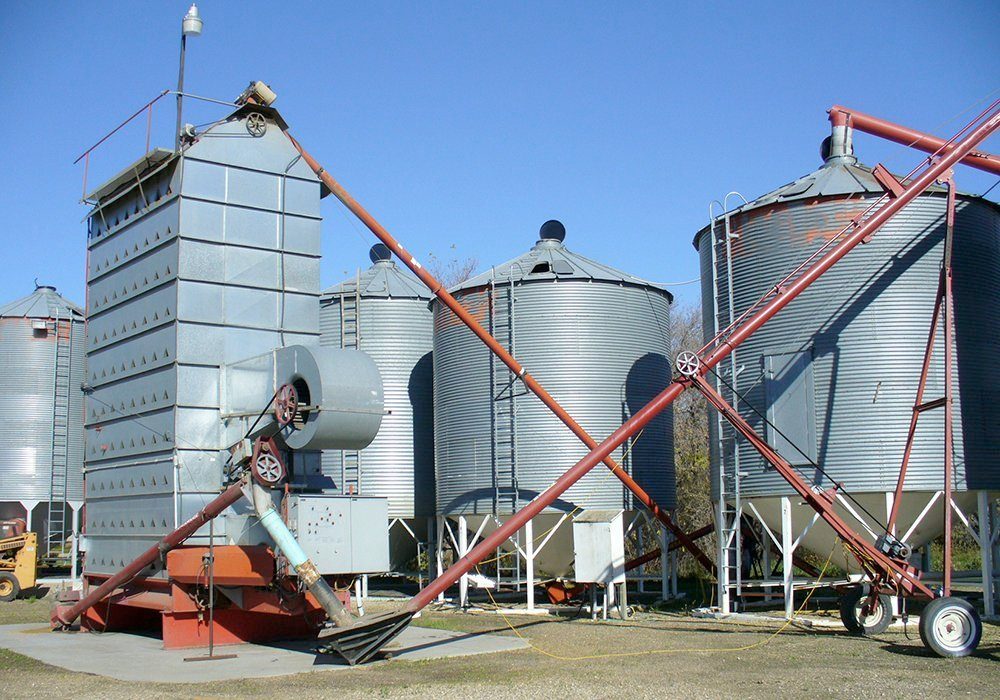Federal official questions MP’s grain drying bill

House committee hears witnesses in study of private member’s bill that would exempt grain drying from carbon tax
The House of Commons agriculture committee was set to conduct clause-by-clause consideration of a private member’s bill to amend the Greenhouse Gas Pollution Pricing Act on May 11.
The committee has been hearing witnesses on C-206, introduced by Conservative MP Philip Lawrence, since early March. The bill intends to provide an exemption for propane and natural gas used for grain drying.
Witnesses from across the country spoke in favour of the bill, even after the federal government introduced a rebate for grain drying in its April budget.
“We continue to support the passage of Bill C-206, as it remains the most straightforward, cost-efficient way of providing a full exemption for grain drying where no alternative fuel source exists,” said Grain Growers of Canada director Jonothan Hodson during an April 20 meeting.
Officials from agriculture, finance and environment appeared last week at the committee’s final hearings on the bill.
Lawrence said stakeholders continue to say they prefer an exemption, rather than waiting for a rebate.
But Phil King, director general of the sales tax division in the finance department, said there are technical issues to consider because propane and natural gas are delivered differently than other fuels.
“You may have a situation where not just the farm operation is receiving the natural gas, but also the house is being fed by the natural gas,” he explained.
He also mentioned there could be barbecues connected to the gas line.
“There’s also the issue of price signal,” King said. “It still does present an incentive for farmers to find more efficient, greener, lower greenhouse gas emitting ways of engaging in their farm operations.”
Regina-Lewvan Conservative MP Warren Steinley took King to task for not knowing that natural gas can be delivered separately to homes and grain dryers.
He also pointed out that while the government believes carbon pricing will lead to innovation, no tax was necessary to develop zero tillage and rotational grazing.
King did offer some details on how the budget rebate program came to be valued at $100 million. It’s based on the $50 billion annual farm operating expenditures reported to Statistics Canada by farmers in Alberta, Saskatchewan, Manitoba and Ontario who would be eligible for the program.
He said about three-quarters of one percentage point of that is spent on natural gas and propane.
“And about one third of that, so about .2 percent in total farm operating expenditures, are related to the carbon price,” he said.
That, and the current carbon price of $40 per tonne, led to the program’s value.
King also said finance believes C-206 is flawed because it doesn’t discuss eligible farming activity and machinery, only qualifying farm fuels.
He said the Canada Revenue Agency is responsible for the legislation and would have to rule on that.
Lawrence said CRA already includes grain drying in its definition of farming and as such it should be clear that the bill includes it.

